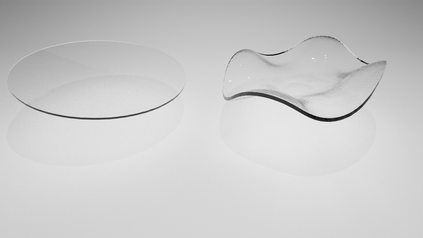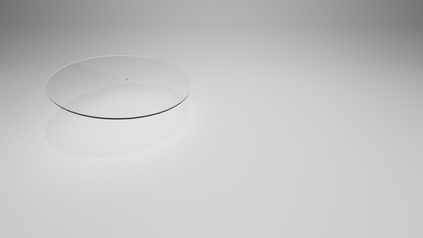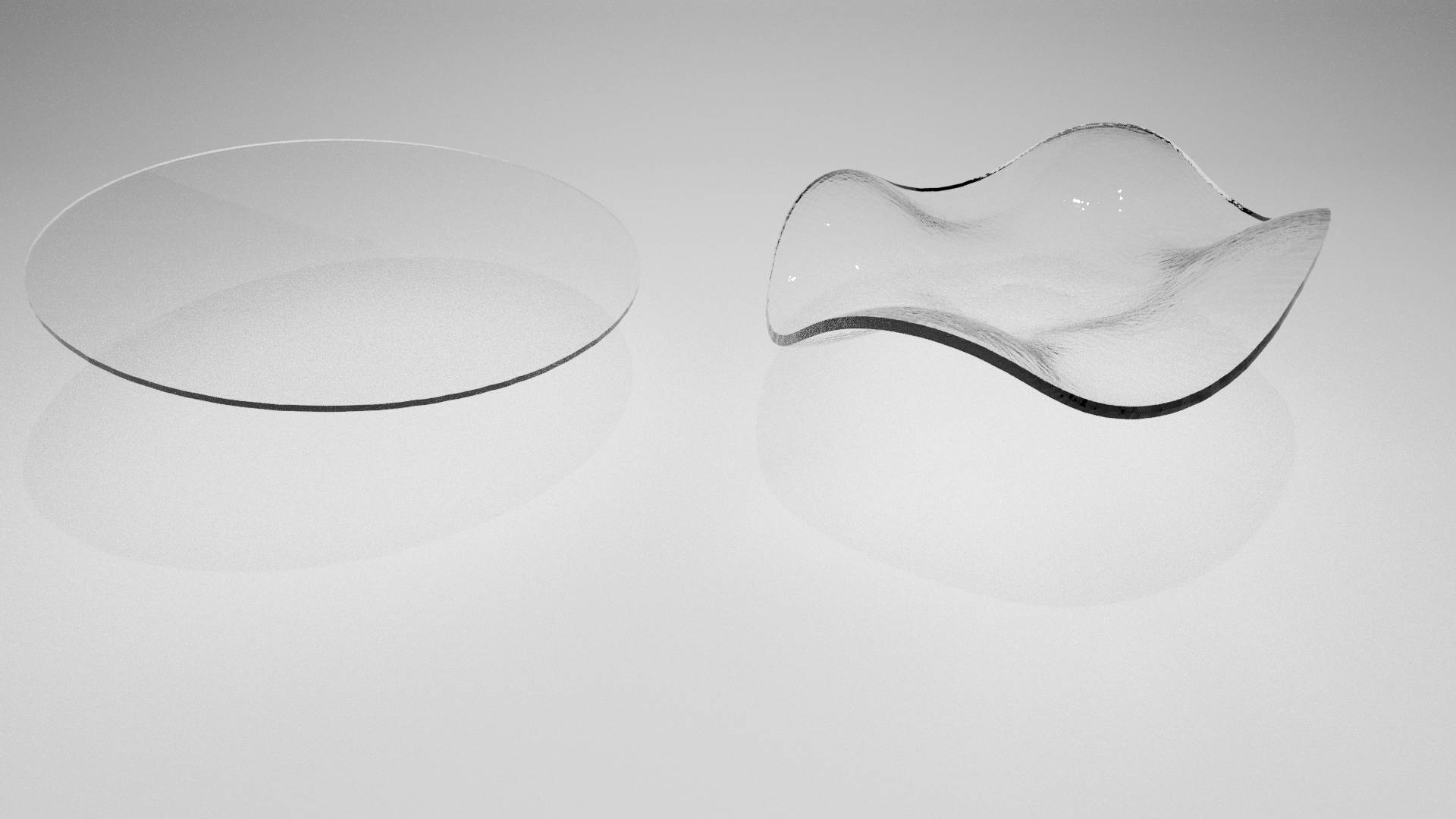In the present work, a machine learning based constitutive model for electro-mechanically coupled material behavior at finite deformations is proposed. Using different sets of invariants as inputs, an internal energy density is formulated as a convex neural network. In this way, the model fulfills the polyconvexity condition which ensures material stability, as well as thermodynamic consistency, objectivity, material symmetry, and growth conditions. Depending on the considered invariants, this physics-augmented machine learning model can either be applied for compressible or nearly incompressible material behavior, as well as for arbitrary material symmetry classes. The applicability and versatility of the approach is demonstrated by calibrating it on transversely isotropic data generated with an analytical potential, as well as for the effective constitutive modeling of an analytically homogenized, transversely isotropic rank-one laminate composite and a numerically homogenized cubic metamaterial. These examinations show the excellent generalization properties that physics-augmented neural networks offer also for multi-physical material modeling such as nonlinear electro-elasticity.
翻译:在目前的工作中,提议了一种基于机械学习的固定变形电机结合物质行为构成模型。使用不同组合的变异物质作为投入,将内部能量密度形成一个共振神经网络。这样,该模型就满足了多共振状态,确保物质稳定性,以及热动力一致性、客观性、物质对称性和生长条件。根据所考虑的变异因素,这种物理增强机学习模型可以适用于可压缩或几乎不可压缩的材料行为,以及任意材料对称类别。该方法的实用性和多功能性表现在对具有分析潜力的反向异向异向异向异向数据进行校准,以及有效建构具有分析性同质、反向异向异向异向异向异向异向异位定型的一等分级混合体和数字同质混合体元物质。这些检查显示物理放大神经网络也为多物理材料建模(如非线电动弹性电动)提供了极强的概括性特性。











